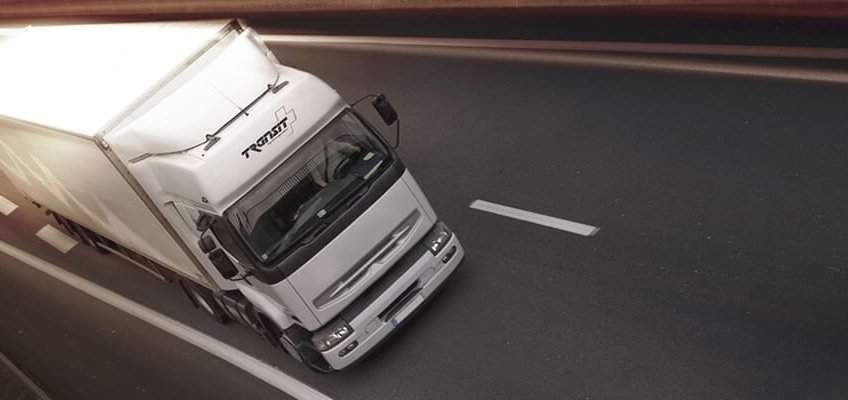
Truck traffic on the M-30 has always been very abundant; however, in recent years, municipal and traffic authorities have issued a series of regulations that restrict the passage of heavy vehicles. There are two main reasons for doing so: to fight air pollution and to lighten the volume of vehicles that drive on this road daily.
The M-30 has a strict speed limit for all types of vehicles: 70 kilometres per hour in tunnels and 90 km/h above ground. The only exception to this rule is on the Avenida de la Illustración, where the speed limit is set at 50 km/h. There is another zone with speed restrictions, on Paseo del Marqués de Monistrol, where the limit is placed at 70 km/h for noise pollution reasons.
The regulations for truck traffic on the M-30 are even more rigorous and generically differentiate between trucks of up to 7.5 tons, up to 12 tons, and heavy vehicles that weigh more than 12 tons.
Starting with the former, any truck that does not exceed 7.5 tons can circulate freely on the M-30. Of course, as long as the driver respects the speed limits and other traffic signs. In this regard, we must remember the importance of reading the signs on height clearance limits that are located before the access to the tunnels.
On the other hand, trucks that weigh up to 12 tons of total weight can also circulate on the M-30. However, there are restrictions that apply to them. Specifically, vehicles exceeding 7.5 tons cannot cross through the tunnels on this road, nor is the passage of dangerous goods allowed, according to information published by the Madrid City Council. Likewise, and in certain circumstances related to traffic safety, other limitations may be established in regards to their passage on open areas of the road.
ven more stringent are the city of Madrid’s traffic regulations for trucks that weigh over 12 tons. As a general rule, they are prohibited from driving in the municipal area of Madrid within the perimeter formed by the M-30, excluding this road and its access roads, on weekdays between 7:00 am and 11:00 pm, and on holidays at all hours.
Likewise, it is prohibited to park these trucks in the designated areas, except for the amount of time required to carry out loading and unloading operations. Municipal service trucks are exempt from this rule. Any driver that needs to transport a heavy vehicle of these characteristics within the aforementioned times, will have to request a specific permit from the City Council, which will grant or deny it based on the circumstances at that time. However, the rejection of said request must always be justified.
In conclusion, the regulations of Madrid’s City Council regarding truck traffic on the M-30 are relatively strict and respond to the criteria of traffic flow and reduced pollution. However, heavy vehicles that do not exceed 7.5 tons can circulate freely. And those with a total weight (even those trucks that exceed 12 tons) are allowed to circulate on the M-30, except through its tunnels.